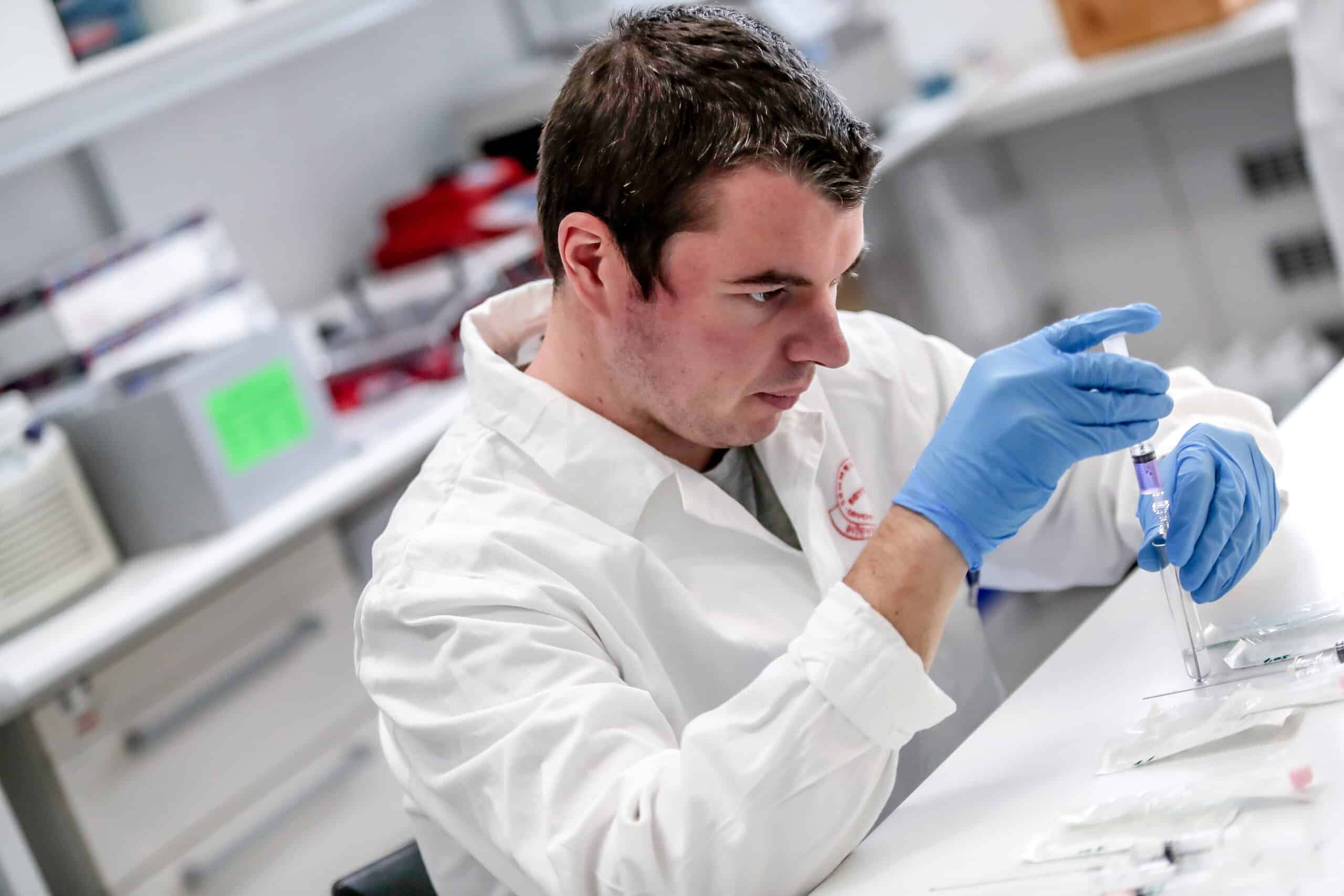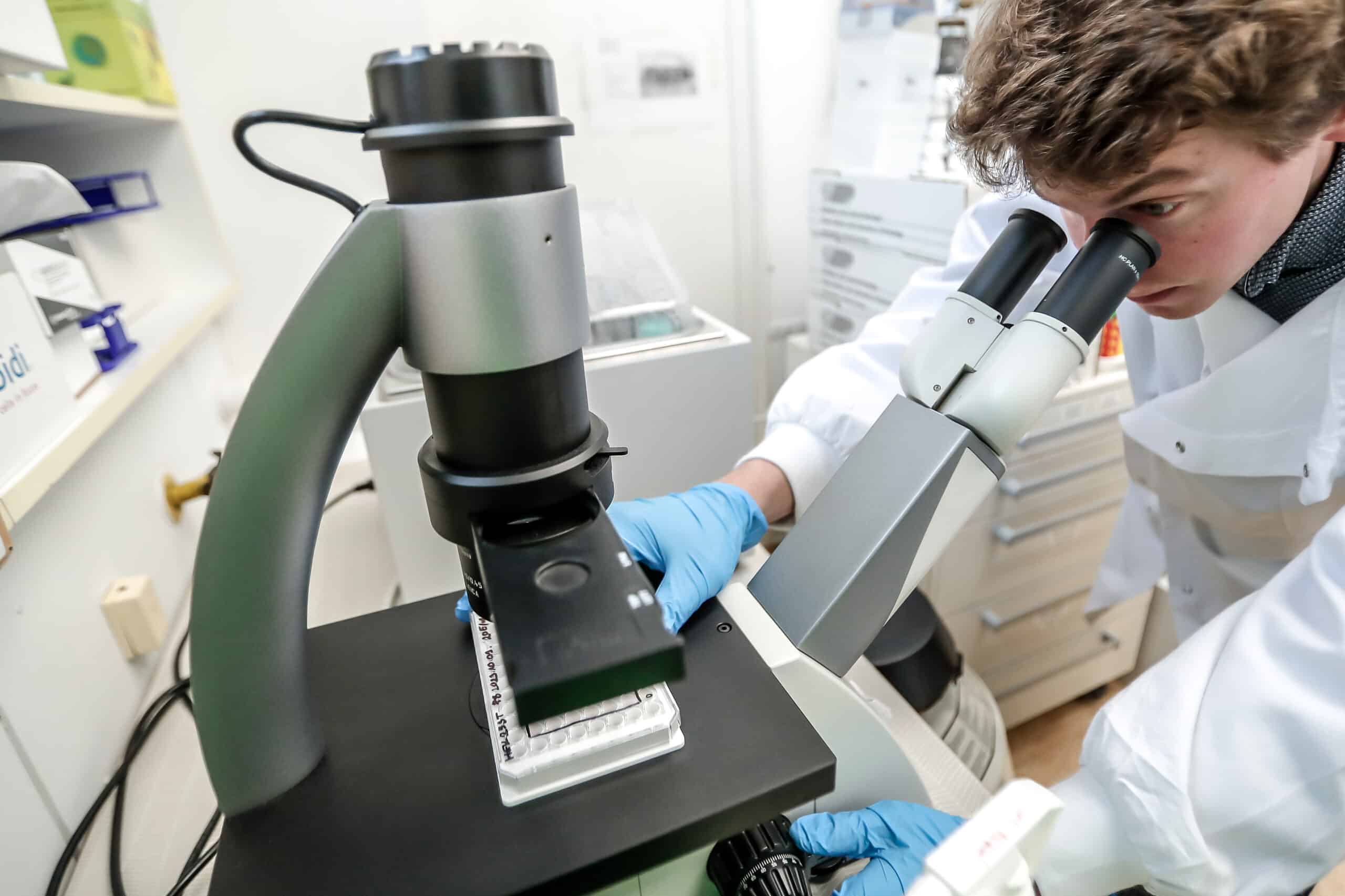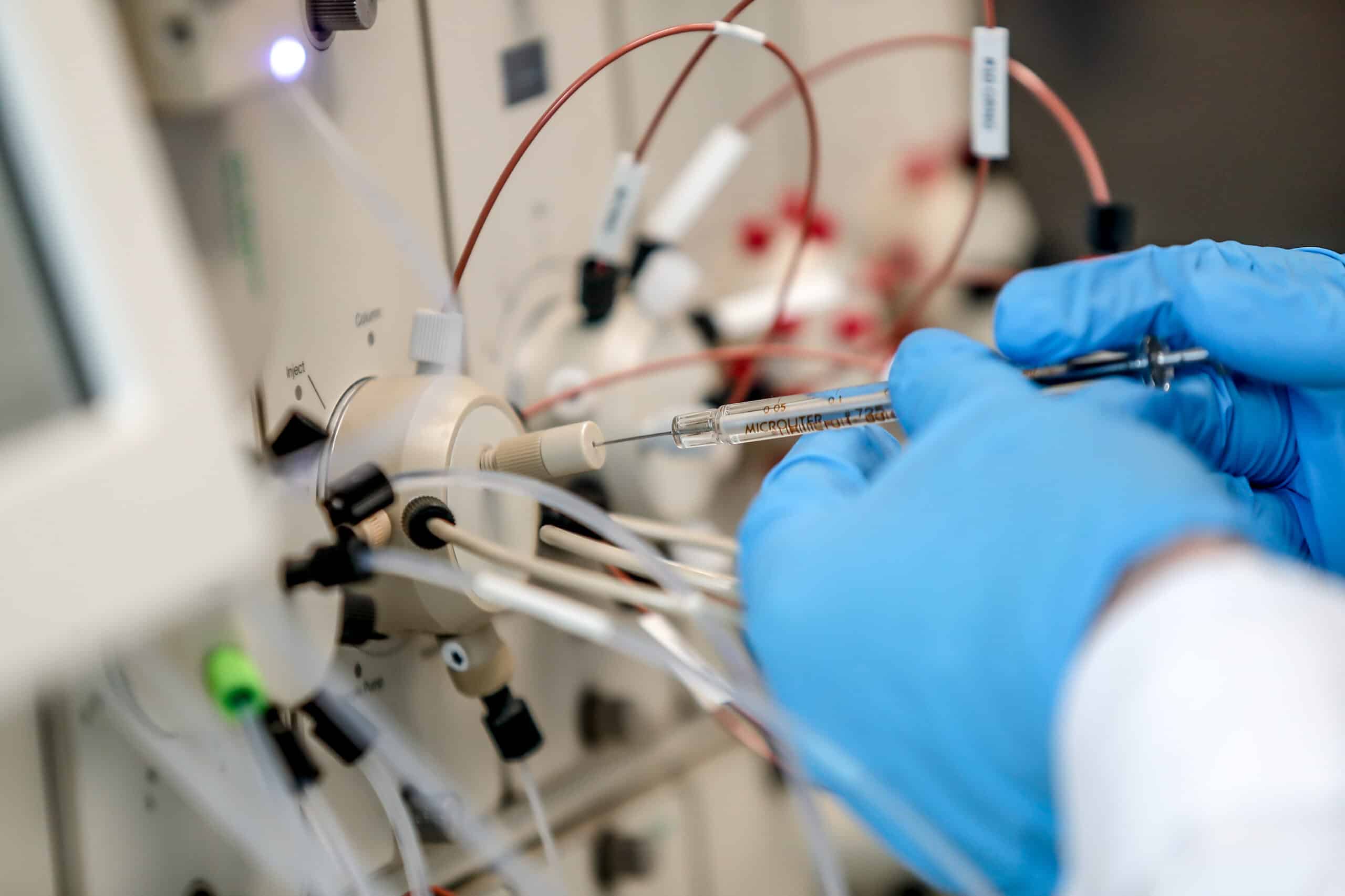| Grant: | Semmelweis Momentum Programme 2024 |
| Amount of support: | 50.000.000 Ft |
| Duration: | 2024.07.15-2025.07.15 |
| Principal investigator: | Péter Ferdinandy, MD, PhD, DSc, MBA |
Summary
The project aims to exploit the therapeutic potential of microRNAs in the treatment of cardiovascular diseases and malignancies. As post-transcriptional gene regulators, microRNAs target complex molecular targets and may provide the basis for effective cardioprotective and oncological therapies. The focus of research is on the discovery and development of ProtectomiRs, cardioprotective microRNA molecules that would be targeted to cells by chemical optimisation and extracellular vesicles. In addition, the identification of anti-tumour miRNA oligonucleotides by bioinformatics methods and the demonstration of their efficacy is a priority. An innovative element of the project is the use of machine learning to predict perturbations in the microRNA target network, which can help identify molecular targets for new drug candidates.
Participating leading researchers, collaboration partners, universities, companies
Péter Ferdinandy, MD, PhD, DSc, MBA is Vice Rector for Science and Innovation at Semmelweis University, Senior Lecturer at the Institute of Pharmacology and Pharmacotherapy, and Doctor of the Hungarian Academy of Sciences. President of the Hungarian Society of Experimental and Clinical Pharmacology and founder of the Pharmahungary Group. He has been listed several times on the list of the world’s most influential scientists. His research group focuses on the identification of cardioprotective drug targets in ischemic heart disease, led by Anikó Görbe, MD, PhD, the role of extracellular vesicles in cardiometabolic diseases, and the role of Zoltán Giricz, PharmD, PhD the study of inflammatory factors in cardiovascular and metabolic diseases led by Zoltán Varga, MD, PhD, and the development of bioinformatics methods in the field of drug targets and pharmacovigilance with the expertise of Bence Ágg, MD, PhD.
Applied methods and tools
The project will use a variety of modern tools and methods. These include a special computer software for the analysis of microRNAs, laboratory and animal studies, and the chemical analysis and development of drug molecules. The microRNAs are loaded into extracellular vesicles for targeted delivery to cells and verified by various molecular measurements. We are also developing computer programs that use artificial intelligence to predict the relationships between microRNAs and their targets. We evaluate the results using statistical methods to draw reliable and accurate conclusions.
Pictures
Mission and benefits
Our research aims to develop new microRNA-based drugs to treat heart disease and cancer more effectively. These innovative therapies could help us better understand how diseases work and enable more personalized treatment. Our work fits in with the University’s goals of supporting scientific advances, innovation and contributing to better healthcare, while strengthening international collaborations.


